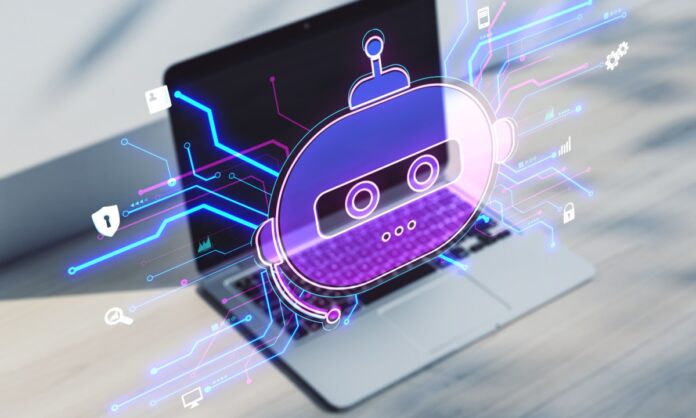Introduction to Artificial Intelligence in the Workplace
The concept of artificial intelligence (AI) replacing humans in the workplace has been a topic of discussion for quite some time. Recently, the founder of Mechanize, a startup that aims to automate all work, sparked controversy with his statement. The company’s mission is to build virtual work environments, benchmarks, and training data to enable the full automation of all work.
Mechanize’s Mission and Goals
Mechanize’s founder, Tamay Besiroglu, wrote in a post on X that the company will achieve its mission by creating simulated environments and evaluations that capture the full scope of what people do at their jobs. This includes using a computer, completing long-horizon tasks that lack clear criteria for success, coordinating with others, and reprioritizing in the face of obstacles and interruptions. The company itself took things one step further, promising the full automation of the economy.
The Potential Impact on the Job Market
According to TechCrunch, Besiroglu calculated Mechanize’s total addressable market by aggregating all the wages humans are paid, roughly $60 trillion per year on a global scale. However, he noted that the company’s immediate focus is on white-collar work, not manual labor jobs that would use robotics. The response to this launch was "brutal," with one X user arguing that the automation of most human labor would be a huge loss for most humans.
The Debate About AI and Job Displacement
The question of whether AI will make human workers obsolete or make them more valuable is one that concerns many workers. MIT economics professor David Autor argues that AI will in most cases augment workers rather than replace them. He pointed to a historical precedent, noting that over the last 200 years, we have automated so much of what we do, yet we have made labor more valuable during that period.
Concerns About Job Displacement
Despite Autor’s optimistic view, workers are still worried about the potential impact of AI on their jobs. Research by PYMNTS Intelligence shows that 54% of respondents think AI poses a "significant risk" of widespread job displacement. These concerns span industries and demographics, though some are more worried than others. Workers in the technology sector and non-customer-facing roles were the most concerned, while healthcare and education workers were less so.
Conclusion
The idea of AI replacing humans in the workplace is a complex and controversial topic. While some, like Mechanize’s founder, believe that AI will eventually replace humans, others, like MIT economics professor David Autor, argue that AI will augment workers rather than replace them. As the use of AI continues to grow, it’s essential to consider the potential impact on the job market and the concerns of workers. Ultimately, the future of work will likely involve a combination of human and artificial intelligence, and it’s crucial to find a balance that benefits both.

